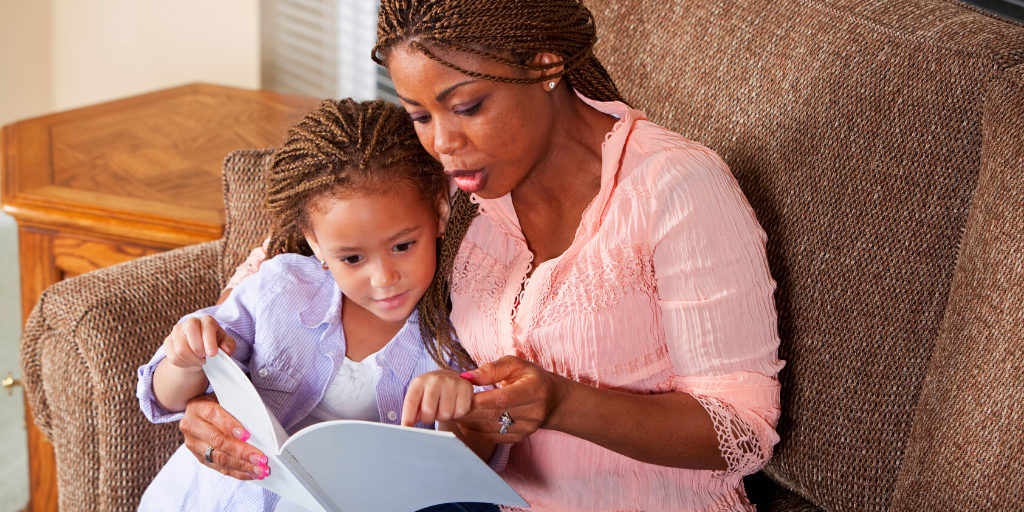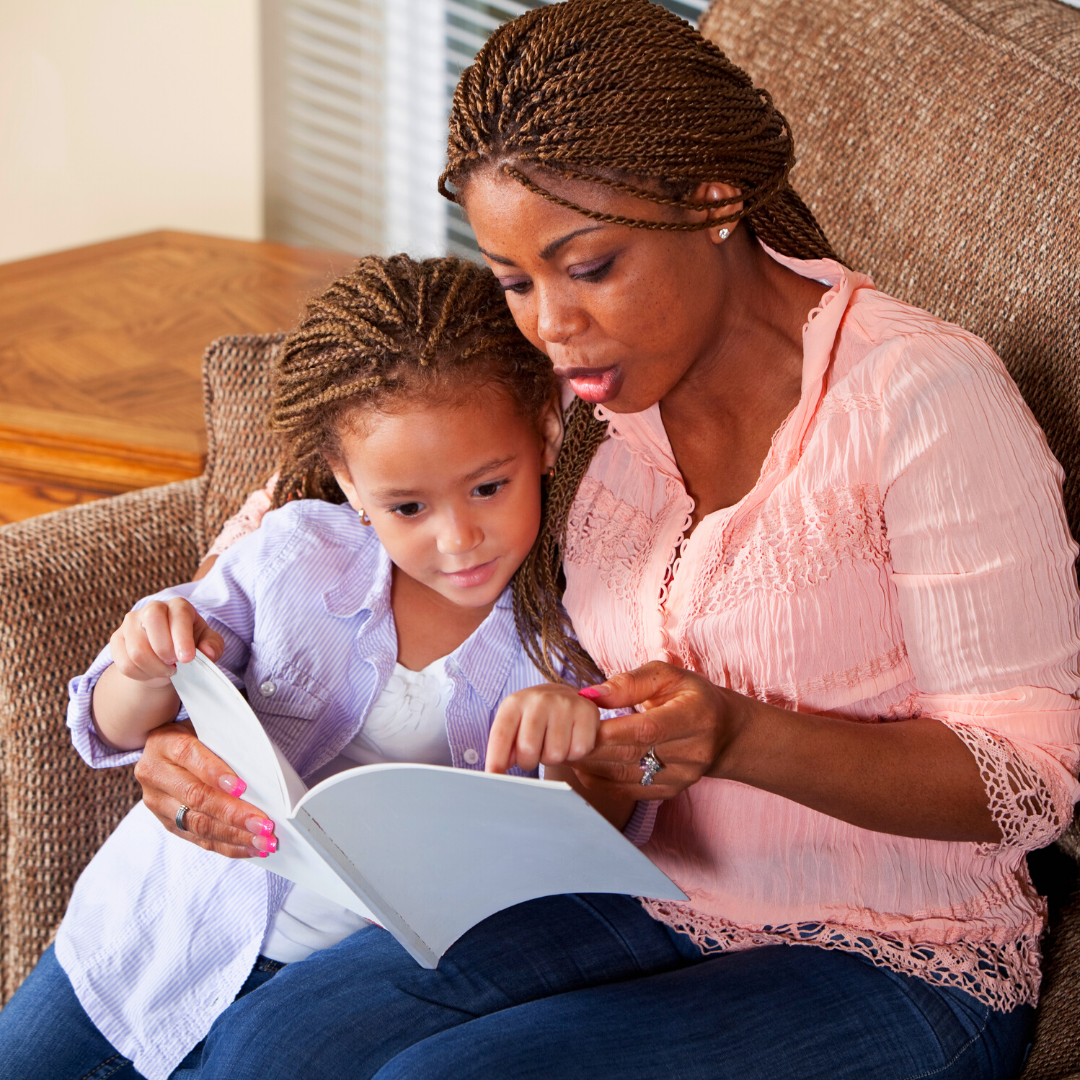
Elayne Grossmith emphasizes how the Fourth Commandment calls parents to act as the primary Christian educators of their children.
In my Catholic elementary school, "catechism" was a well-known and essential subject. Although the term is hardly a household term today, it should be familiar to every Catholic.
It started in 1884 when U.S. Catholic bishops meeting in Baltimore decided to create a national catechism called The Baltimore Catechism. This book of Christian doctrine consisted of 421 questions and answers in thirty-seven chapters. By 1992, a new catechism, Catechism of the Catholic Church, was published and modified in 1997.
The Catechism of the Catholic Church summarizes "the essential and fundamental content of Catholic faith and morals" for those who seek its guidance. A section of particular significance lays out the obligations imposed by the Ten Commandments. There's pertinent and helpful information for a Catholic mom on raising children under the Fourth Commandment in the Catechism of the Catholic Church, and summarized below.
What do the Ten Commandments ask of you as a mom?
Article 4, Fourth Commandment: "Honor your father and your mother, that your days may be long in the land the Lord your God gives you."
The Duties of Parents
2221 Your duty to your children extends to their moral education and their spiritual formation. The role of parents in education is an exclusive right that goes way back in time, it can't be stripped away, and there's no adequate substitute.
2222 Parents must regard their children as children of God and respect them as human persons. They must educate their children to fulfill God's laws.
2223 Parents have a responsibility to create a home where tenderness, forgiveness, respect, fidelity, and disinterested service are the rule and well-suited for education in the virtues. One in which children learn self-denial, sound judgment, and self-mastery and to put their interior and spiritual dimensions above those that are material and instinctual. Parents must give good examples and acknowledge their failings.
2224 Parents must create a home environment that teaches solidarity and communal responsibilities and avoids compromising and degrading influences that threaten human societies.
2225 Parents have the responsibility and privilege of evangelizing children at an early age in the mysteries of faith and the life of the Church. They must promote a child's interior dispositions as a genuine preparation for a living faith and remain a support for it throughout life.
2226 Parents should begin educating a child in faith in their earliest years, including how to pray, discover their vocation as children of God, and teach how the parish is the Eucharistic community and heart of liturgical life.
2227 Children and parents should be generous and tireless in forgiving one another for offenses, quarrels, injustices, and neglect. Mutual affection suggests it, and the charity of Christ demands it.
2228 Parents express respect and affection through the attention and care they provide in fulfilling a child's physical and spiritual needs. It later leads to educating the children in the proper use of their reason and freedom.
2229 Parents have a fundamental right to choose a school for children according to their convictions to help parents be the best Christian educators.
2230 Parents should give advice and counsel to children in choosing their profession and state of life, but refrain from pressuring children on what profession to choose or who to marry. Parents should give judicious advice, particularly when children plan to start a family.
2232 Parents should respect and encourage a child's call to a religious vocation.
2233 Parents should welcome and respect the Lord's call to a child's religious life with joy and thanksgiving.
The responsibility of a Catholic mom to educate her children is evident in these statements. It's an exclusive obligation of parents that can't be taken away by another person, an institution, or a government. Parents are solely responsible for making the decisions about their children's education.

Click to tweet:
What do the Ten Commandments ask of you as a mom? #catholicmom
Parents across the country have recently confronted local school boards about policies regarding what they're teaching children. As interpreted by the Catechism of the Catholic Church, the Fourth Commandment gives you and only you, as parents, this right and obligation to oversee your children's education.
What does it mean?
You have to know what the schools teach your children and decide whether it's appropriate. Some issues recently raised by parents have included: gender redefinition, graphic books on sex, gender self-selection, critical race theory, and transgender ideology. It's not about following the line of a political party; it's about following God's laws.
Why do you have to know what they're teaching your children?
You will have to answer someday whether you guided the spiritual dimension of your children's education.
Why can't I let the educators in schools make these decisions for my children?
You are the "Christian educator" for your children. Teachers, school boards, or the Department of Education aren't adequate substitutes. The duty falls on you, and you want to be prepared to answer for anything you allow them to teach your children against God's laws.
With every privilege comes responsibility, and you know ignorance of the law is never an excuse. This obligation may feel burdensome with everything else you have to do. But, when you stand before Our Lord, you'll want to know that you followed what He asked of you. Pray that Our Lord guides you in doing His will.
"Lord, give me the courage and fortitude to do Your will."

Copyright 2022 Elayne Grossmith
Image
About the Author

Elayne Grossmith
Elayne Grossmith is an advocate for creating lasting relationships by "loving with your brain." She holds a Ph.D. in clinical psychology and completed a two-year fellowship in neuropsychology. She has offered psychological and neuropsychological services through her private practice and has testified as an expert witness for Ford Motor Company. Elayne was certified as a Qualified Medical Evaluator by the State of California.


.png?width=1806&height=731&name=CatholicMom_hcfm_logo1_pos_871c_2728c%20(002).png)
Comments